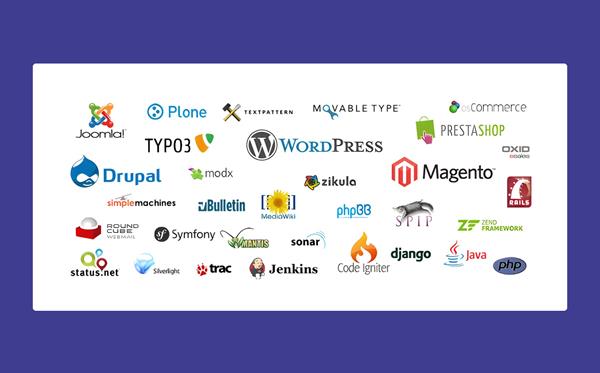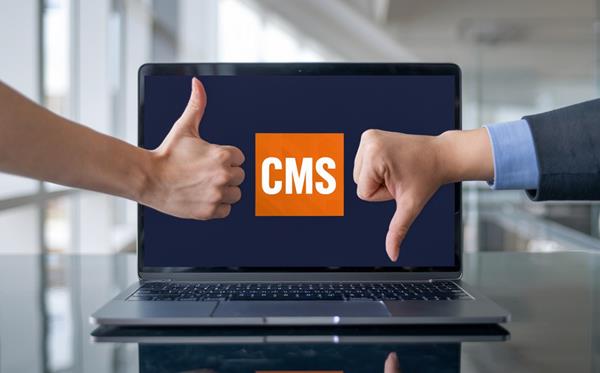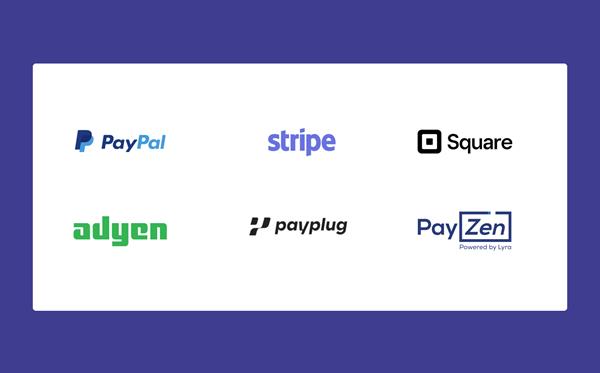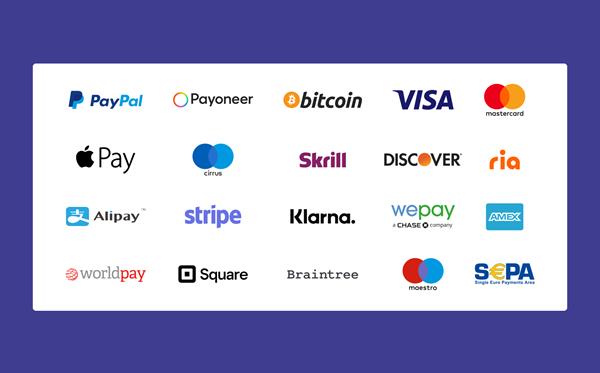Reach New Markets: 101 Strategies to Expand and Grow Your Business

In today’s digital age, businesses are increasingly looking to expand their customer bases and enter new markets. For manufacturers producing products that cannot be sold online—such as heavy machinery, industrial equipment, or other B2B-centric goods—the role of lead generation becomes even more critical. This is especially true when tapping into new geographic or industry-specific markets. Below, we explore the importance of lead generation, backed by key statistics and research, in helping such manufacturers grow their reach.
1. Lead Generation Bridges the Gap for Non-Online Products
For manufacturers of products that cannot easily be sold online due to size, complexity, or logistics, lead generation plays a vital role in creating awareness and capturing interest from potential buyers. Unlike consumer goods that can be purchased with a few clicks, high-value and complex B2B products require a longer sales cycle, where nurturing leads through personalized communication is essential.
According to MarketingSherpa, B2B buyers spend 70% of their time researching products online before even contacting a sales representative. This means that lead generation campaigns allow manufacturers to engage potential customers early in their research process by offering content like white papers, case studies, and product demos, even if the product itself cannot be purchased online.
2. Expanding to New Markets
Entering new geographic or industrial markets requires understanding the target audience and building relationships with key decision-makers. Lead generation offers an efficient way to identify these new opportunities. By utilizing inbound marketing strategies, such as content marketing and targeted email campaigns, manufacturers can attract potential buyers in new markets who are actively seeking solutions to their problems.
A study by Forrester Research found that companies that nurture leads generate 50% more sales-ready leads at a 33% lower cost, highlighting the efficiency of lead generation in expanding market reach.
3. Importance of B2B Marketing for Non-E-commerce Products
For businesses producing complex B2B products, lead generation helps target the right decision-makers. According to LinkedIn’s B2B Buyer Insights, 77% of B2B buyers said their most recent purchase involved a complex buying process with multiple stakeholders. Effective lead generation can help manufacturers capture the attention of decision-makers, from procurement managers to executives, and ensure their products are considered during the evaluation phase.
Furthermore, 70% of B2B buyers start their search for solutions with a generic Google search (Blue Corona). This means a strong online presence with lead generation tools such as content downloads, SEO-optimized websites, and targeted advertising can increase visibility and drive inquiries from new markets, even if the product cannot be sold online directly.
4. Generating High-Quality Leads with Content
One of the most effective lead generation tactics for manufacturers is content marketing. By creating industry-specific content that addresses the pain points of potential buyers, manufacturers can build credibility and trust with their audience. According to Demand Metric, content marketing generates three times as many leads as traditional outbound marketing but costs 62% less. This is particularly useful for manufacturers entering new markets, where trust and industry expertise can be the deciding factors for buyers.
Offering valuable resources, such as white papers, detailed product guides, and case studies, can also drive high-quality leads that are more likely to convert into sales.
5. Good Website Infrastructure for Lead Capture
A strong, well-structured website is crucial for capturing leads effectively. A study by Blue Corona found that 48% of visitors believe a company's credibility is directly influenced by its website design. Websites that integrate lead capture forms, live chat, or downloadable content such as case studies can greatly improve lead generation efforts.
Moreover, website performance plays a critical role, as 53% of mobile visitors will leave a page if it takes more than 3 seconds to load (Google). Having a fast, secure, and mobile-optimized website ensures that potential leads stay engaged and are more likely to provide their contact information.
6. Lead Generation Tools for Market Expansion
There are various lead generation tools that manufacturers can leverage to expand into new markets. These include:
-
CRM Systems
Using tools like Salesforce or HubSpot allows manufacturers to track and nurture leads throughout the sales cycle. A HubSpot study found that businesses using CRM software can increase sales by up to 29%, showing how lead management tools help maximize market opportunities.
-
LinkedIn Lead Generation
LinkedIn is one of the most effective platforms for B2B lead generation. According to LinkedIn’s own data, 80% of B2B leads come from LinkedIn, making it a critical platform for manufacturers looking to break into new markets.
-
Targeted Email Campaigns
Personalized email marketing is still a leading channel for nurturing B2B leads. Marketo found that segmented email campaigns can result in a 760% increase in revenue, making it a vital tactic for connecting with new market leads.
7. Growth Marketing for Market Penetration
Growth marketing focuses on testing and optimizing multiple channels for customer acquisition, making it an essential strategy for manufacturers looking to enter new markets. Growth marketing involves using data-driven tactics to run experiments, refine marketing funnels, and optimize every touchpoint to convert leads more effectively.
According to McKinsey, companies that adopt a growth marketing approach can see 3x faster growth in customer acquisition and lead generation compared to traditional methods. By constantly experimenting with various marketing channels and techniques—such as content marketing, paid advertising, and email campaigns—manufacturers can accelerate their penetration into new markets.
8. Improving the Sales Cycle with Lead Scoring
Not all leads are ready to make a purchase immediately, especially for high-value products. Lead scoring helps prioritize the most promising leads, improving the efficiency of the sales process. According to Gleanster Research, 50% of leads are qualified but not yet ready to buy. By using lead scoring systems, manufacturers can ensure their sales teams focus on the highest-potential leads first, speeding up the sales cycle.
9. The Role of Trade Shows in Lead Generation
For manufacturers of non-online products, trade shows and industry events remain valuable for generating leads and expanding into new markets. However, even these offline events now heavily rely on digital marketing strategies for lead follow-up. According to CEIR (Center for Exhibition Industry Research), 81% of trade show attendees have buying authority, and 92% of trade show attendees are looking for new products.
By combining the traditional approach of trade shows with digital lead generation tools, manufacturers can enhance the reach of their campaigns and keep potential buyers engaged long after the event.
Conclusion: Lead Generation is Essential for Non-E-commerce Manufacturers Entering New Markets
For manufacturers of products that cannot be sold online, lead generation is a critical strategy for expanding into new markets. From content marketing to CRM systems, website optimization, and growth marketing tactics, adopting digital strategies allows businesses to attract and nurture potential customers, even if the products require a longer sales cycle.
By leveraging modern lead generation tools, manufacturers can increase their visibility, build trust with new audiences, and ultimately expand their market share in an increasingly competitive environment.
Sources
MarketingSherpa: https://www.marketingsherpa.com/
Forrester Research: https://www.forrester.com/
LinkedIn B2B Buyer Insights: https://business.linkedin.com/
Blue Corona: https://www.bluecorona.com/
Demand Metric: https://www.demandmetric.com/
HubSpot: https://www.hubspot.com/
Marketo: https://www.marketo.com/
McKinsey & Company: https://www.mckinsey.com/
Gleanster Research: https://www.gleanster.com/
CEIR: https://www.ceir.org/




































